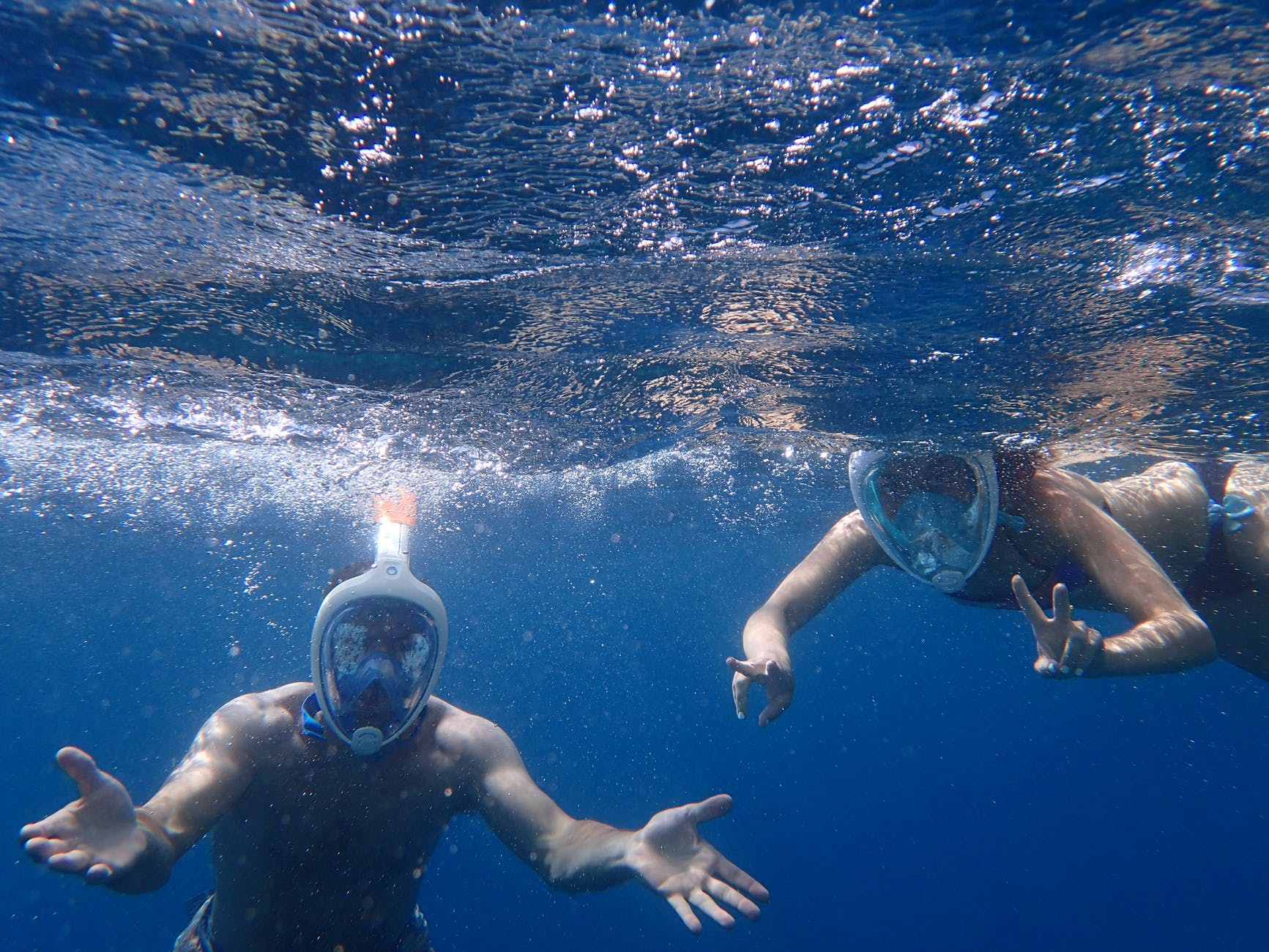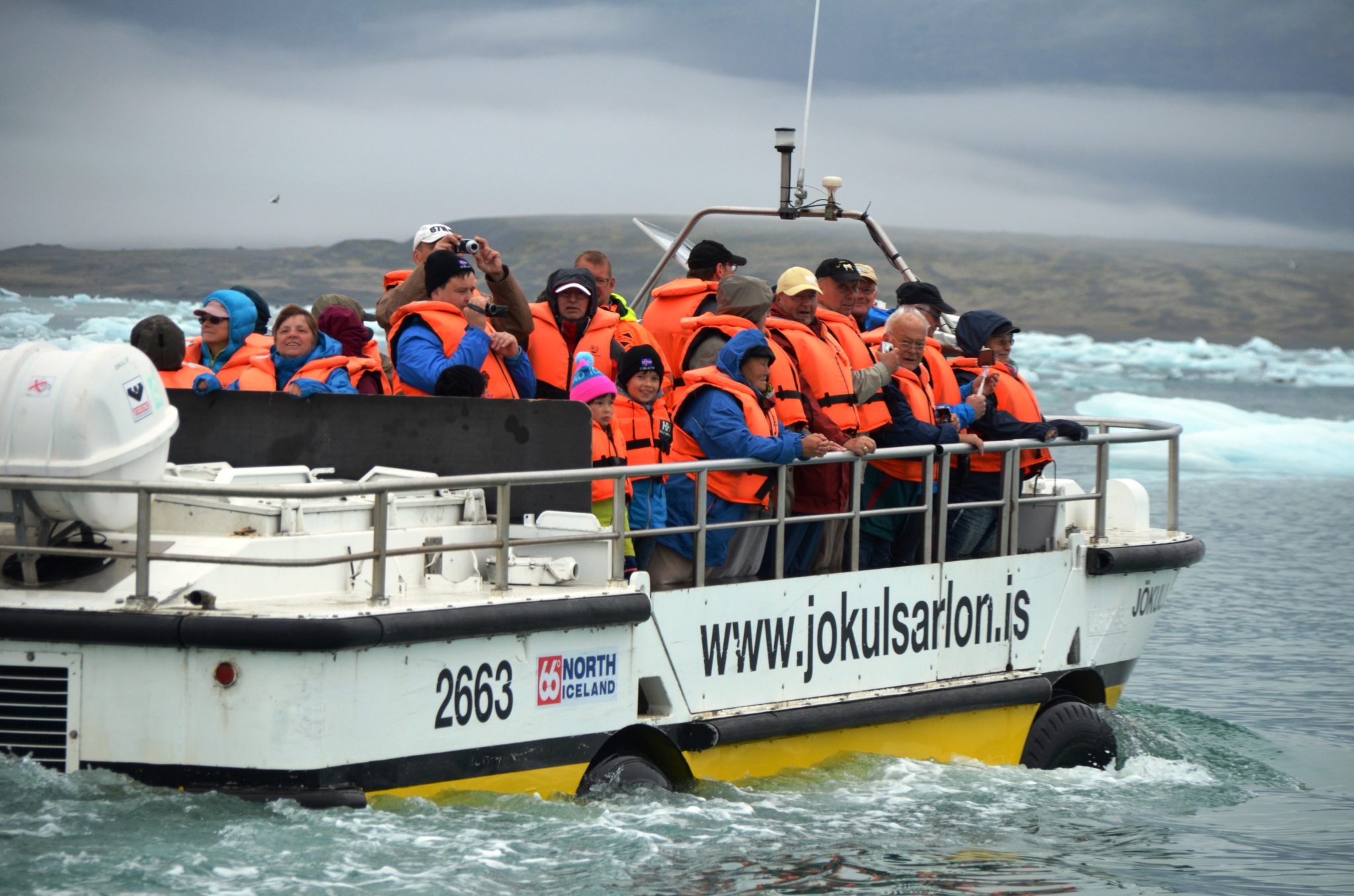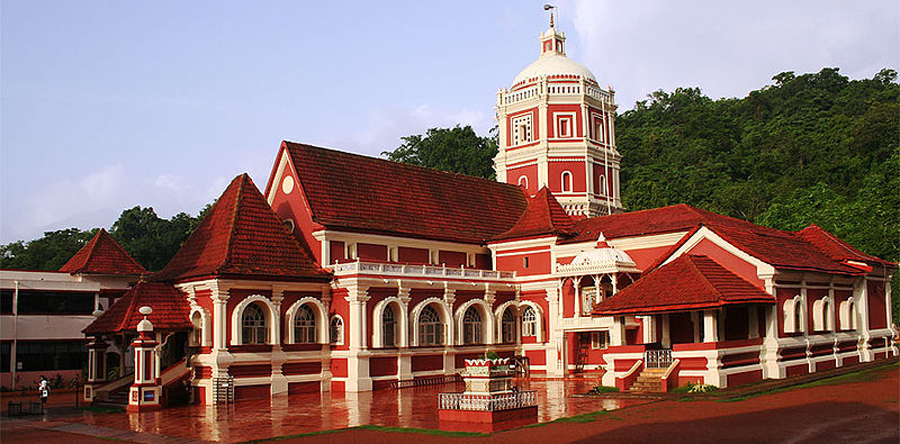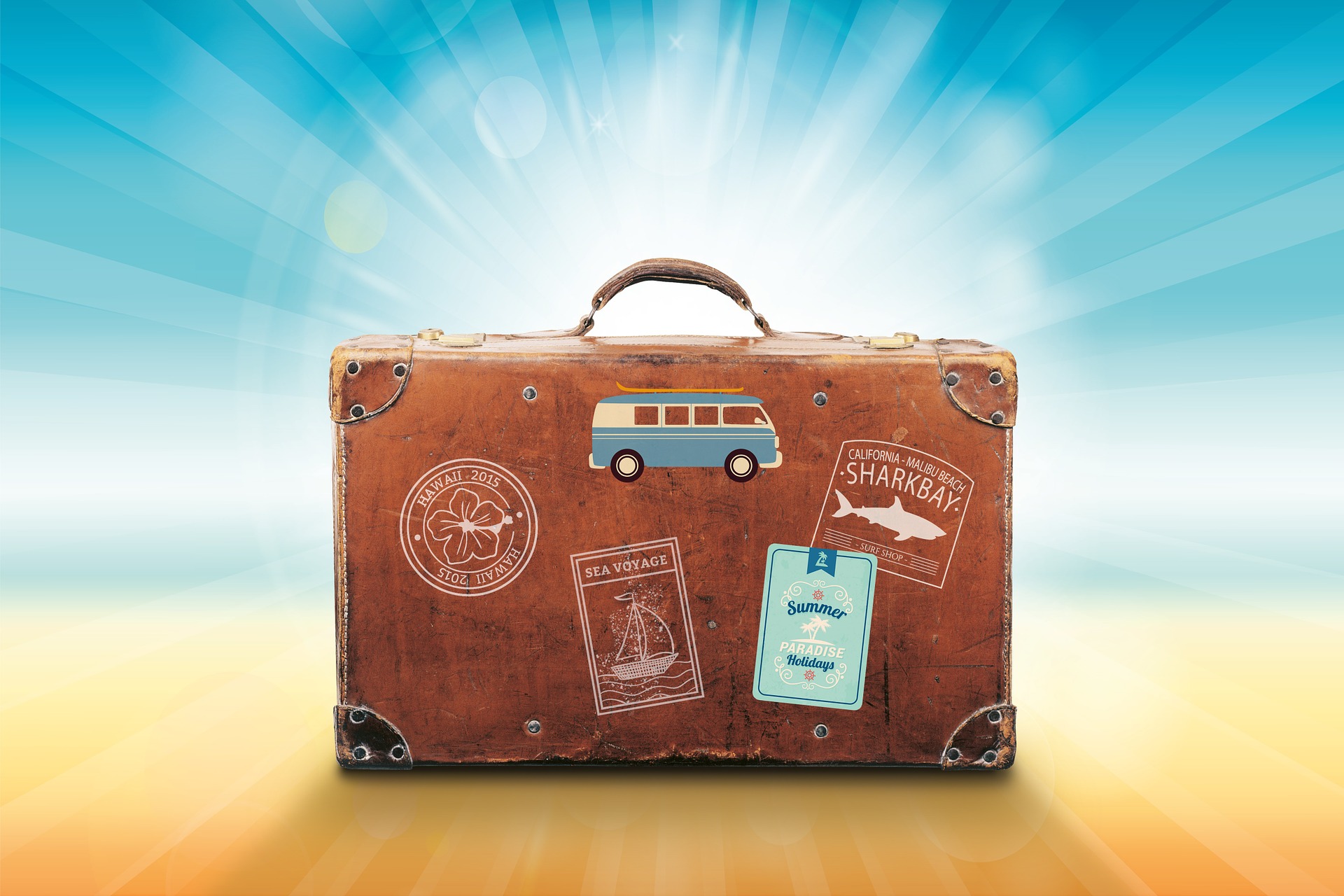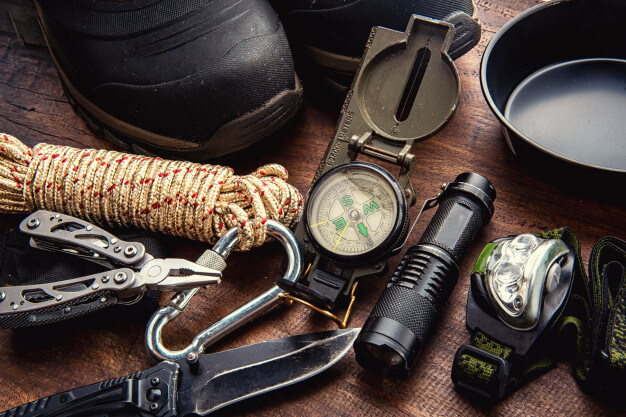When you are on vacation at a beautiful beach, it is great to savor amazing views from the shore, but be sure not to miss the action in a close-up view, snorkeling with the fishes. Even if you’ve never been diving before, don’t worry — getting in the water is fun and easy with a few simple tips to keep in mind before you get started.
Get the Goods on the Gear:
From fins to the facemask, a few pieces of critical gear make it easy to make the leap from deck chair to full immersion. If you feel like you need it, get some advice from the pros at the local dive shop, or go online at https://scubalist.pro/ for valuable tips.
Feet First:
Without good fins, swimming smoothly with fish is a lot harder than you might think. Try the fins on before you get to the water. You want them to go smoothly on your feet, not too tight. If the fins pinch or make your toes curl to fit in, you are likely to have cramps or pain later after some time in the water, so be sure they feel good on your feet to start.
Face Down:
One of the best parts about snorkeling is seeing crystal clear views beneath the surface through your facemask. Be sure the mask fits comfortably over your head and makes a slight seal around your eyes and nose. A mustache may interfere with the fit, so you may try covering your lip-hair with a light coating of Vaseline to help it to seal around your face. If air can leak in, you can be sure water will leak in. Test the fit in shallow water and adjust until it fits right.
Keep It Clear:
Some simple tricks can help avoid your mask fogging over. A dab of light soap rubbed into the facemask lens has been known to help. Many dive shops or rental spots may offer a product to wipe the glass with a cloth or gel to prevent fogging when underwater so you can see the view unobstructed.
Practice, Practice:
Once you’ve got your gear correctly fitted and selected, you are ready to get wet. It is a good idea to get some practice breathing through the snorkel before you get in the water. Place the mouthpiece gently between your teeth, but don’t bite down on it, and get used to breathing in and out through the tube. You may want to float face down in a pool with the snorkel up and out behind you to get used to the feel and to practice calm breathing while observing the sea life below.
Finally, Use Good Sense:
When you are ready to go into the ocean, be cautious and pay attention to warning signs and lifeguards. Always stay with your group or diving buddy. Be careful about getting so enthralled with views under the sea surface that you lose track of where you and friends are at. Be aware that ocean currents, waves, tides, and conditions can change quickly so be aware of your surroundings at all times.
Read More:
- aking In The Sun And Sea.
- The glitches arrived in traveling to a new place.
- Planning for Enjoyable Travel and a Memorable Destination Wedding.













